We aim to bring students closer to real-world issues in a safe environment while raising awareness of important social topics by developing a new approach. We use documentary films as our primary tool, complemented by field-based knowledge gathering, film screenings, and workshop activities.
By creating a curriculum for the use of documentaries in schools, we provide teachers and educators with a practical tool to shape young people’s thinking—guiding them back to reality before it’s too late.
The primary target group of the project is high school teachers who are eager to address social issues in their classes and are open to integrating documentary films into their teaching.
The primary target group of the project is high school teachers who are eager to address social issues in their lessons and are open to using documentary films in education.
Within the project, we plan to develop the following:
A curriculum
An online database
Instructional videos on organizing fieldwork
A professional video diary about the project
A pedagogical handbook
A survey on students’ viewing habits
A short course for teachers, adapted to 4 countries
A manual (multimedia tool) reflecting students’ feedback
A toolkit/practice book on best practices
Classic multiplier events and teacher exchanges related to the various film packages
The project will also create the Magic of the Frame website and a Facebook page, where all activities and project outcomes will be shared.
Development of Educational Packages: During the project, Film Activity Packages (FAPs) were created, each containing four documentary films: Divák (Hungary), The Circle (Netherlands), Seahorse (Lithuania), and Bayer and the Bees (Bulgaria).
Pilot Testing: Pilot tests were conducted in ten classes across four countries (Hungary, Netherlands, Lithuania, and Bulgaria), where students worked using the FAPs.
Development of Methodological Materials: The project produced various methodological materials, including a pedagogical handbook, a fieldwork guide, a student feedback manual, and a video guide for conducting fieldwork.
International Collaboration: The project strengthened experience exchange and cooperation among partners, particularly through teacher meetings and workshops.
Creation of Online Platform: An online platform was established where the project results and related materials are accessible to teachers and interested parties.

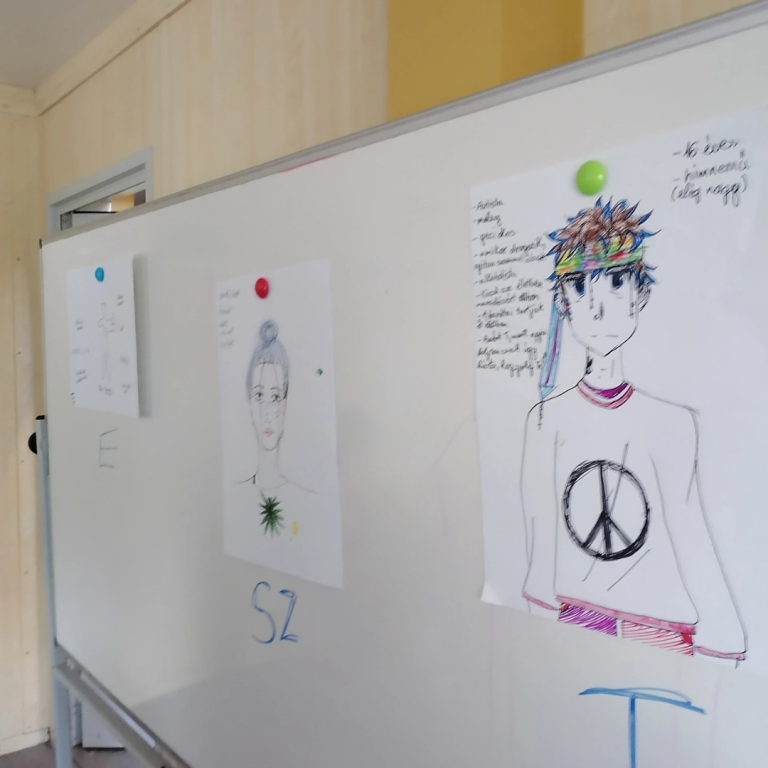
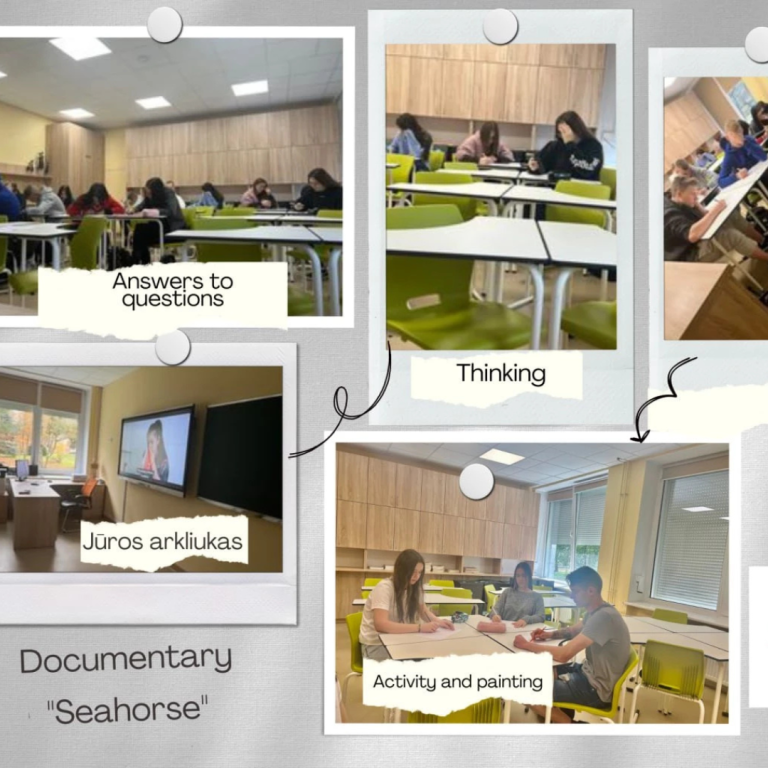
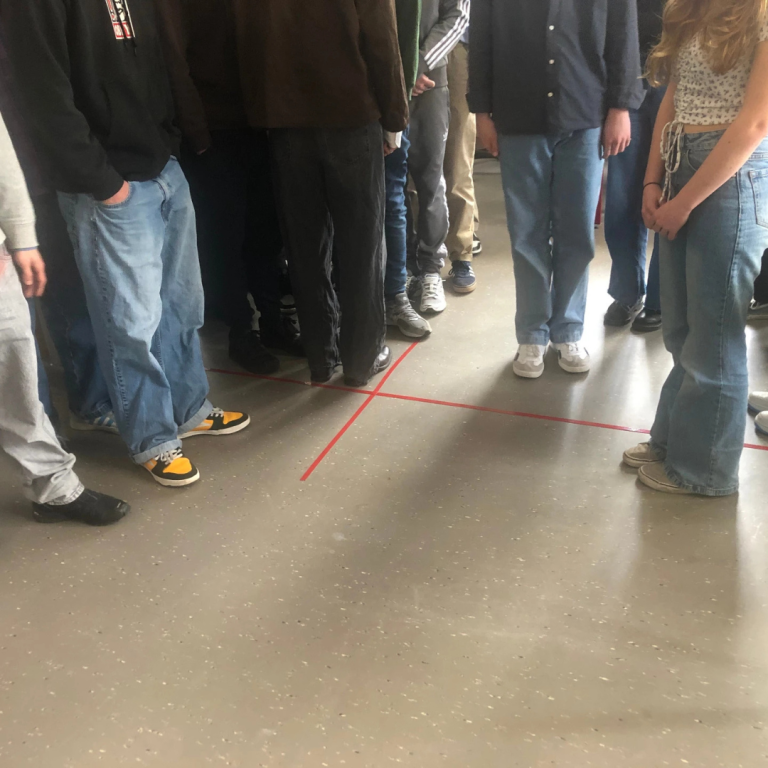
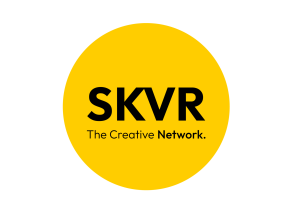
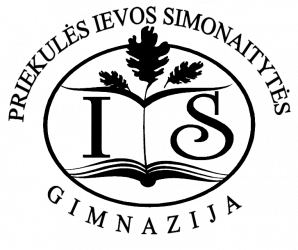
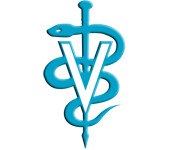
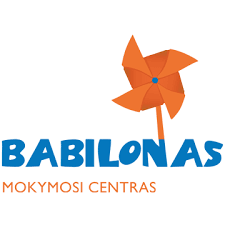

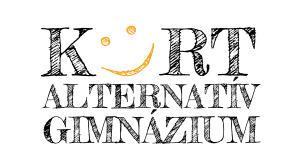

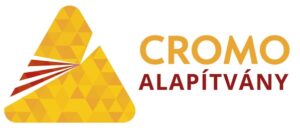
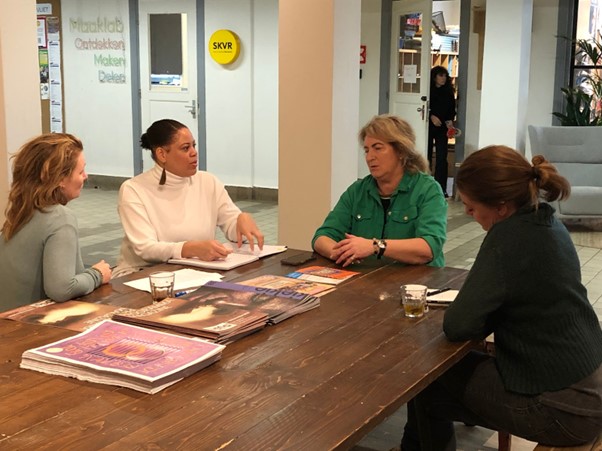
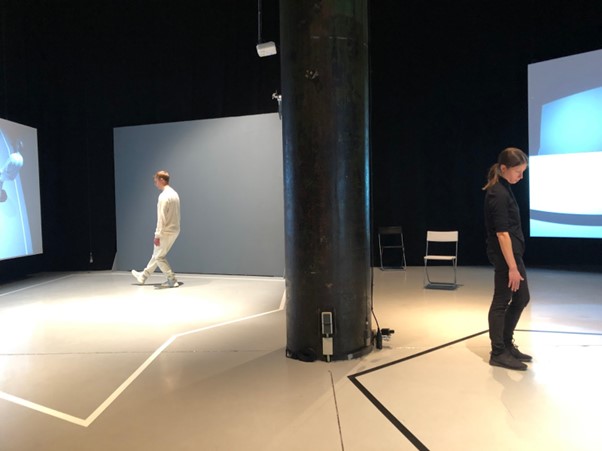
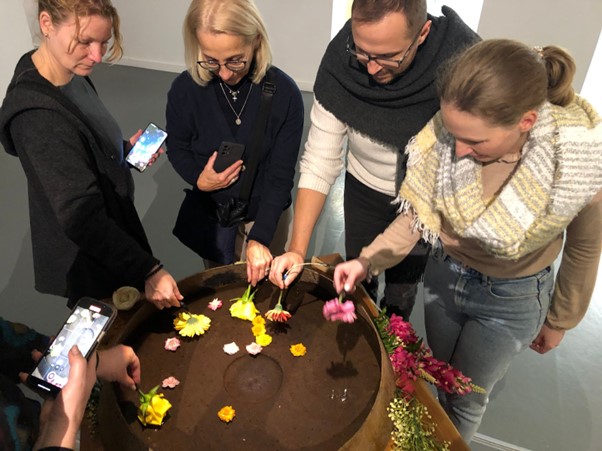
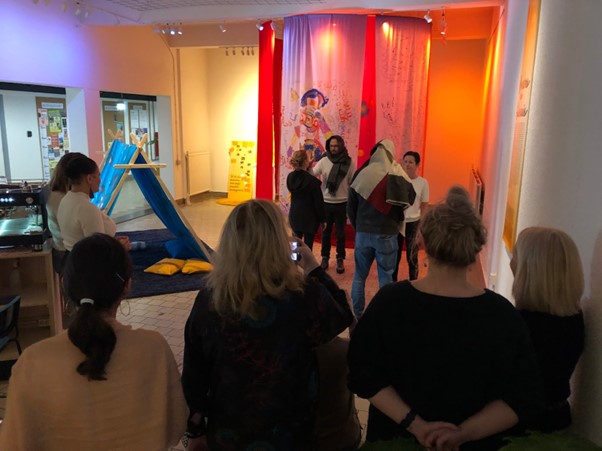
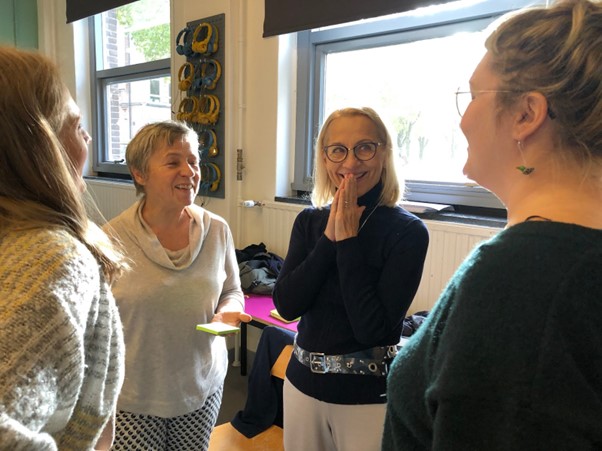
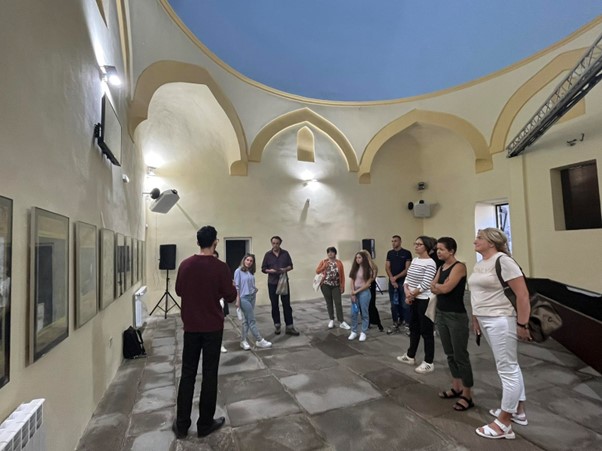
© Cromo Alapítvány